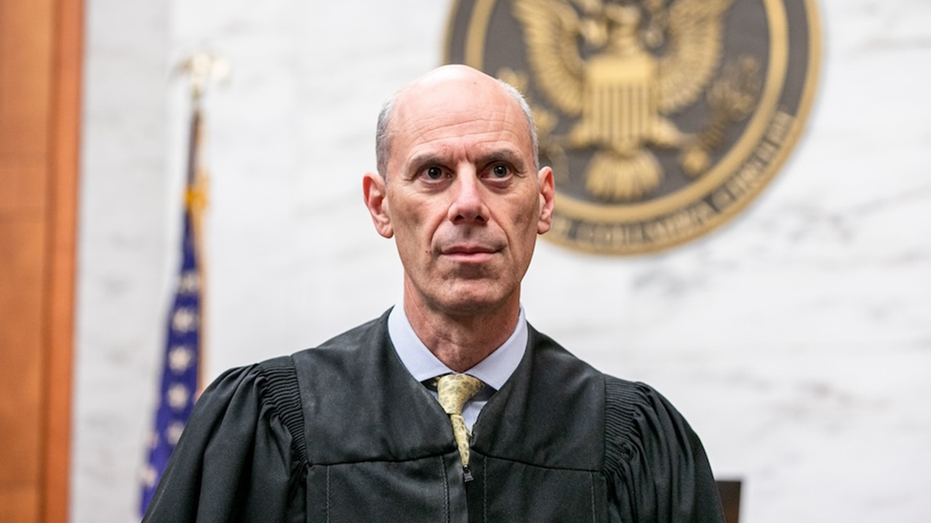The scene unfolded with chilling vulnerability: a woman, completely naked, turning to find a man staring at her in the women’s locker room. Tish Hyman, a vocal advocate for women’s spaces, described the moment as horrifying, a violation of the safety she expected and deserved.
The man, dressed in what Hyman described as “boy clothes” and lip gloss, reportedly demanded she leave, uttering a shocking and aggressive statement about her sexuality. He claimed straight women were more interested in men and were likely the ones truly observing him. The encounter left Hyman feeling exposed, frightened, and verbally attacked.
Adding to the distress, Hyman alleges that Gold’s Gym staff felt powerless to intervene, citing legal constraints. She was left naked and shaken, while the man continued to harass her in front of other members. The gym’s response culminated in the termination of *her* membership, not his.

Hyman publicly confronted State Senator Scott Wiener, a politician known for his progressive stances, about the incident and the gym’s handling of it. She sought accountability and a clear explanation for why her safety was compromised.
A disturbing revelation surfaced regarding the individual involved: he is a convicted domestic abuser who, shockingly, later legally changed his name to match the name of the woman he had previously assaulted. This history casts a dark shadow over the locker room encounter.
The incident sparked a wider conversation, even reaching the platform of MSNBC’s Joy Reid. In a surprising admission, Reid confessed that the sight of male genitalia in a women’s locker room would undeniably “freak” her out. She acknowledged the legitimate concerns about safety and privacy.
Reid articulated a feeling many women share – a sense of alarm and discomfort at such an intrusion. She emphasized that expressing this discomfort isn’t inherently transphobic, but a natural reaction to a potentially unsettling and violating situation. She questioned why a woman’s concerns wouldn’t be taken seriously.
Reid posed a crucial question: if someone feels unsafe or uncomfortable, do they not have the right to voice that feeling? Her comments, while nuanced, highlighted the complex emotions surrounding the issue and the need for open dialogue about women’s spaces and safety.
The core of the matter isn’t about prejudice, but about the fundamental right to feel secure and protected in spaces specifically designated for one’s sex. It’s a conversation about boundaries, vulnerability, and the preservation of safe environments for all women.





